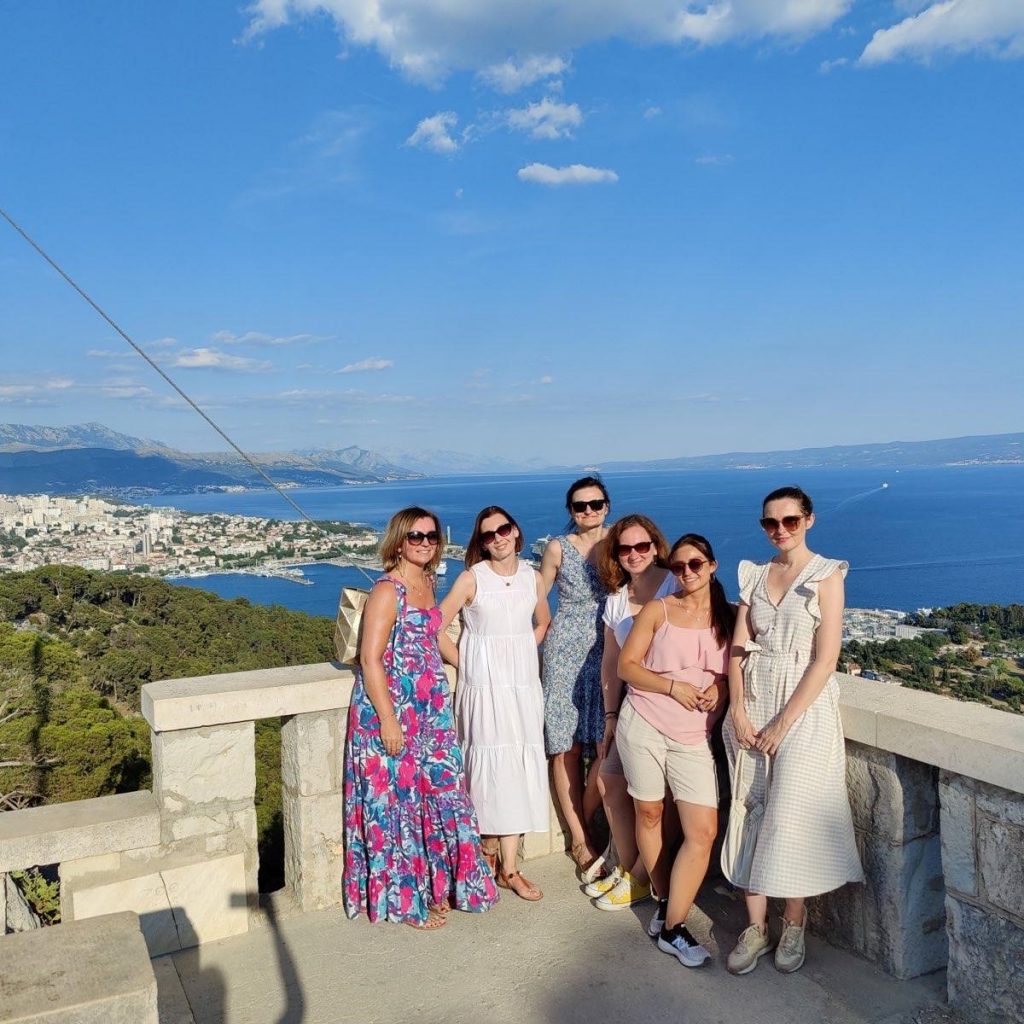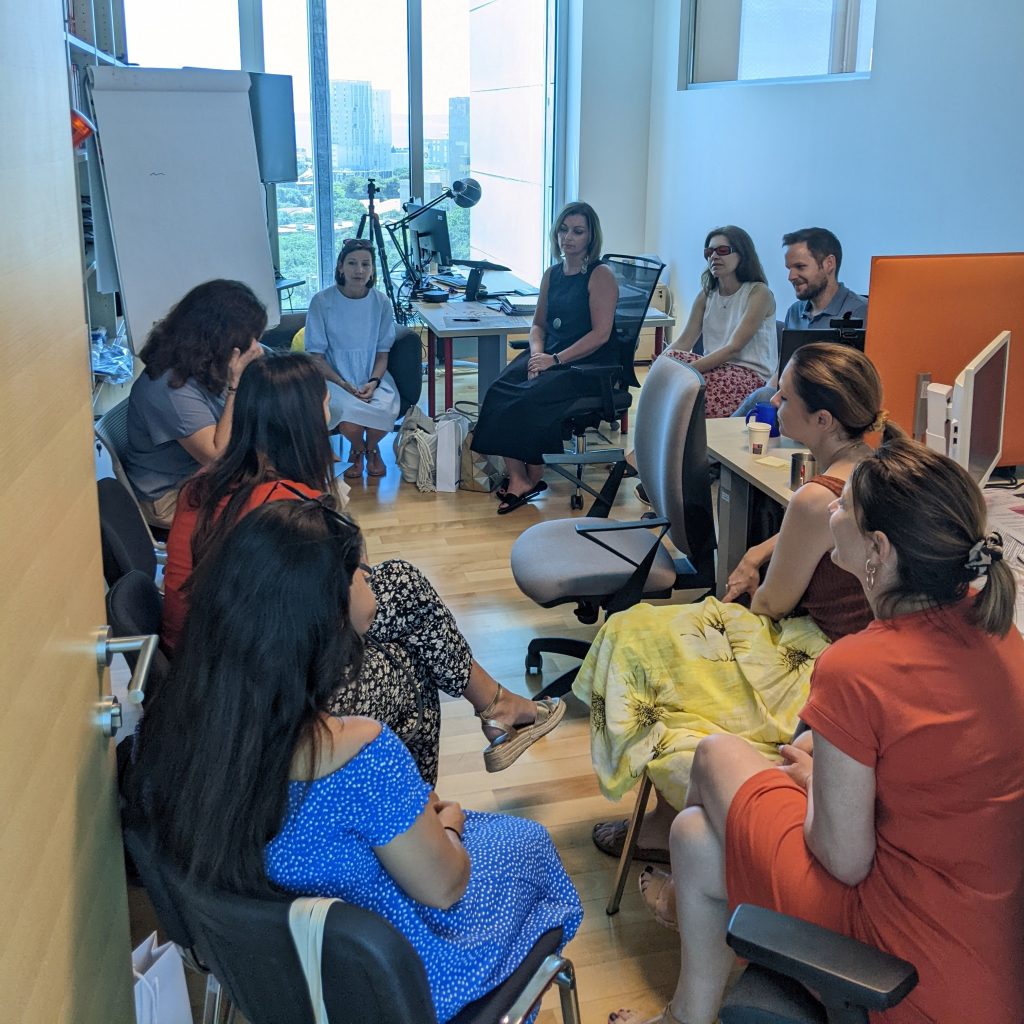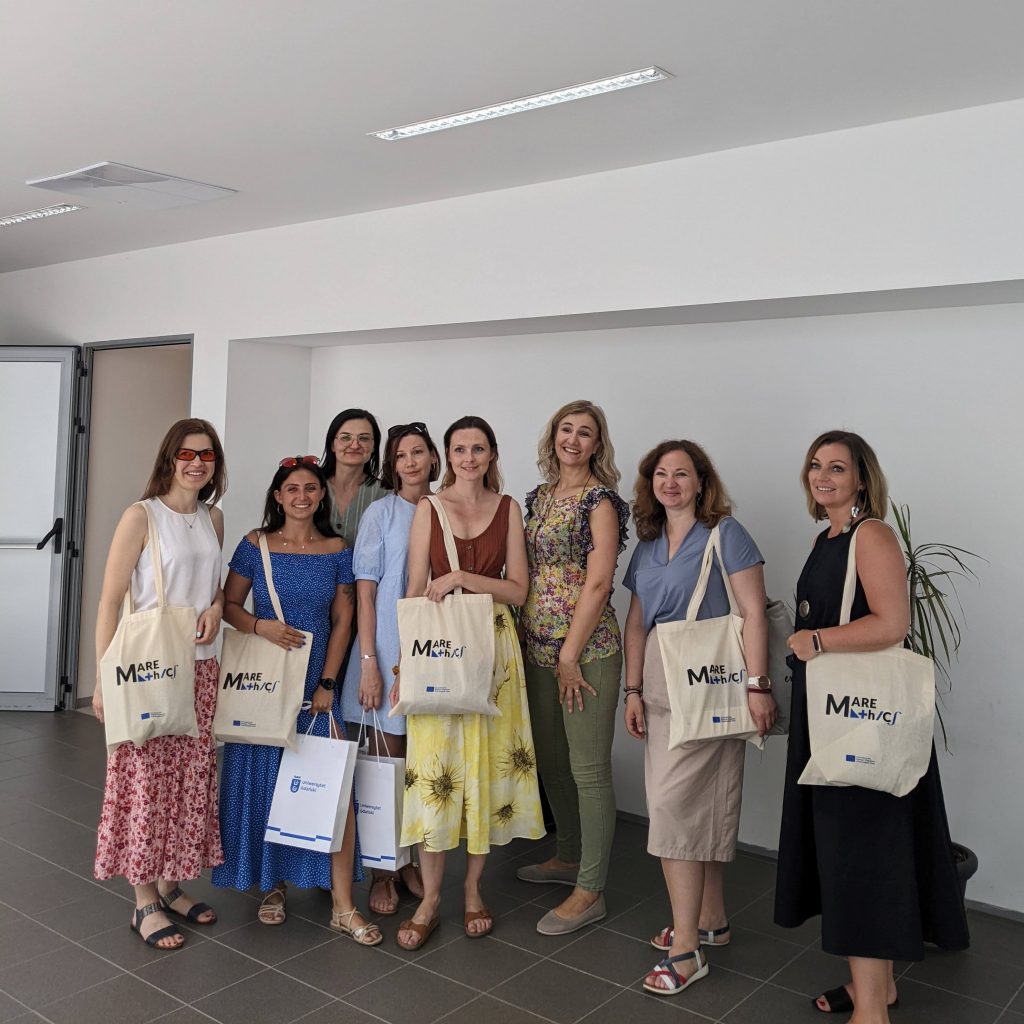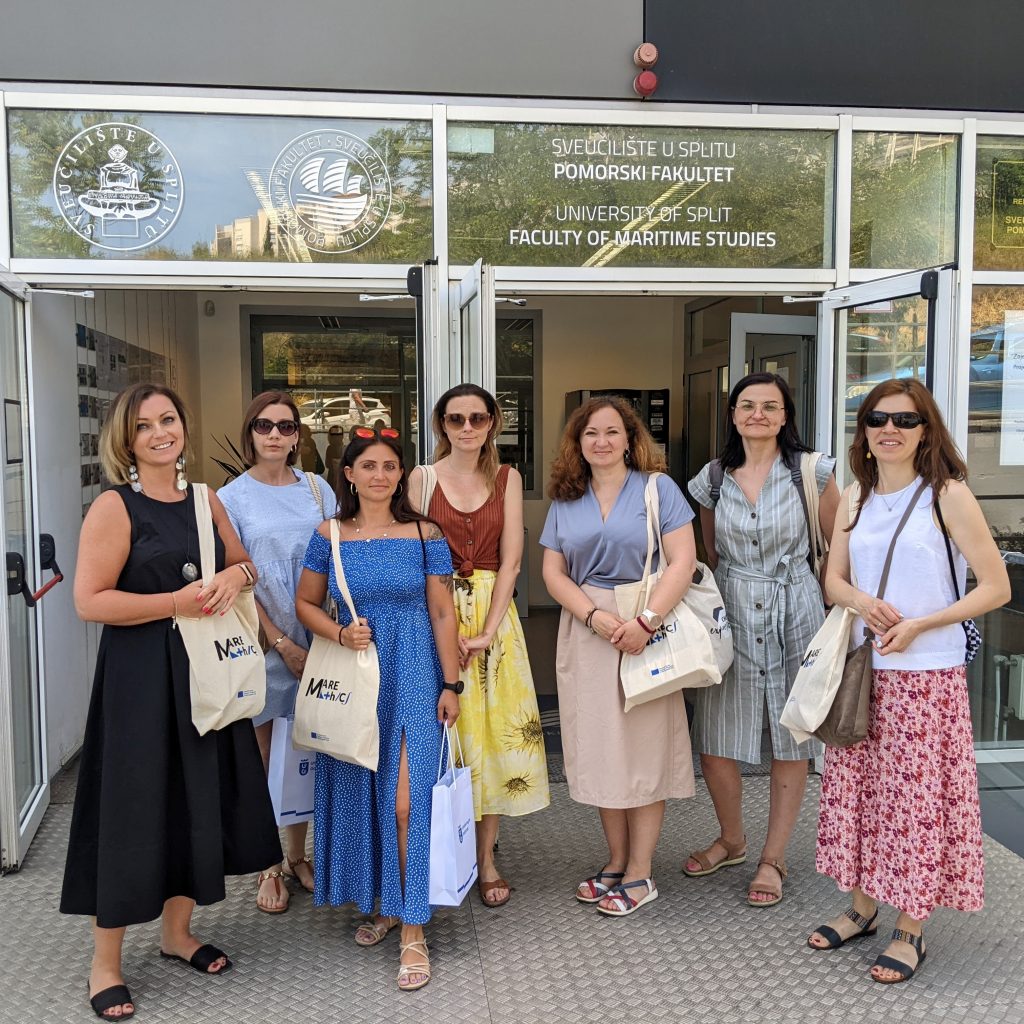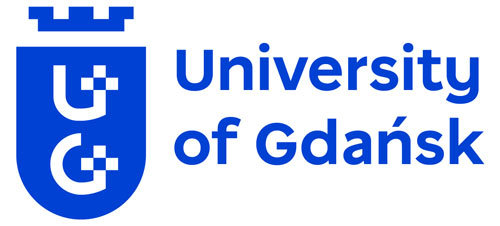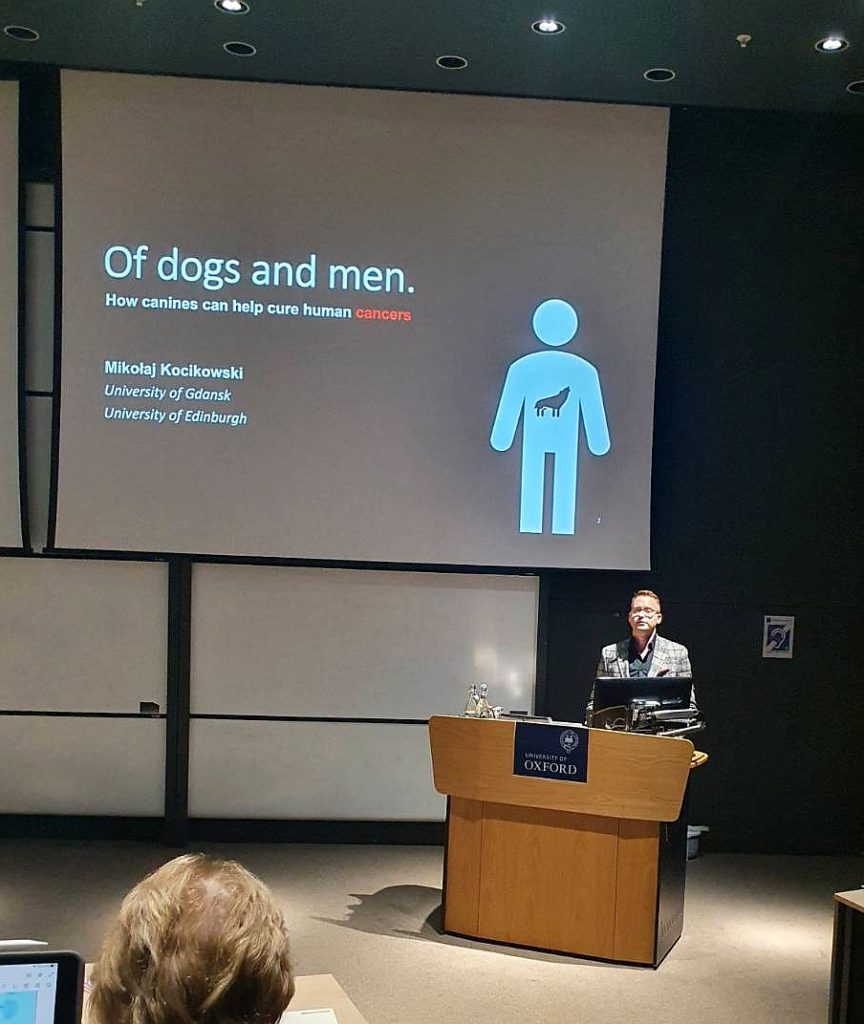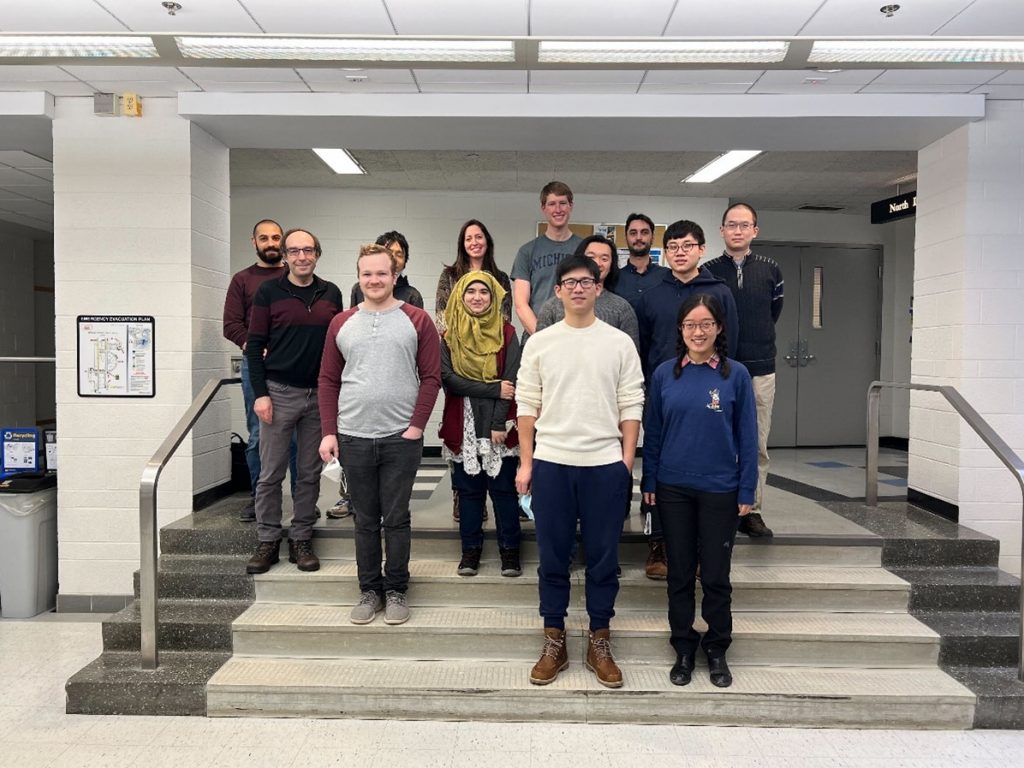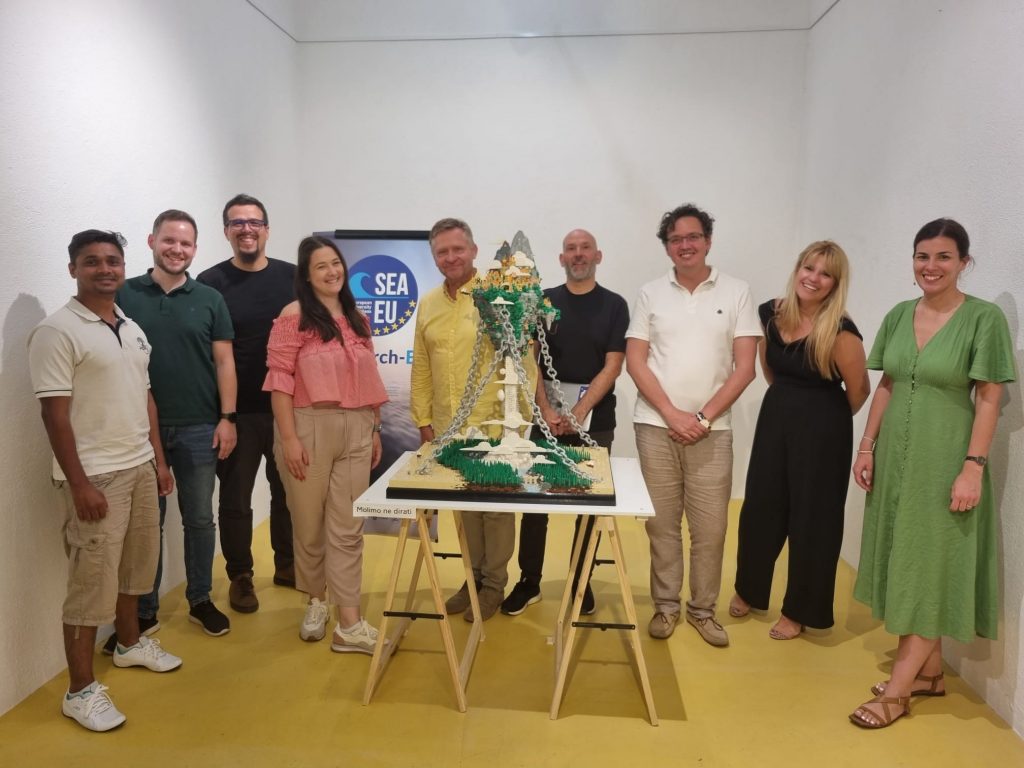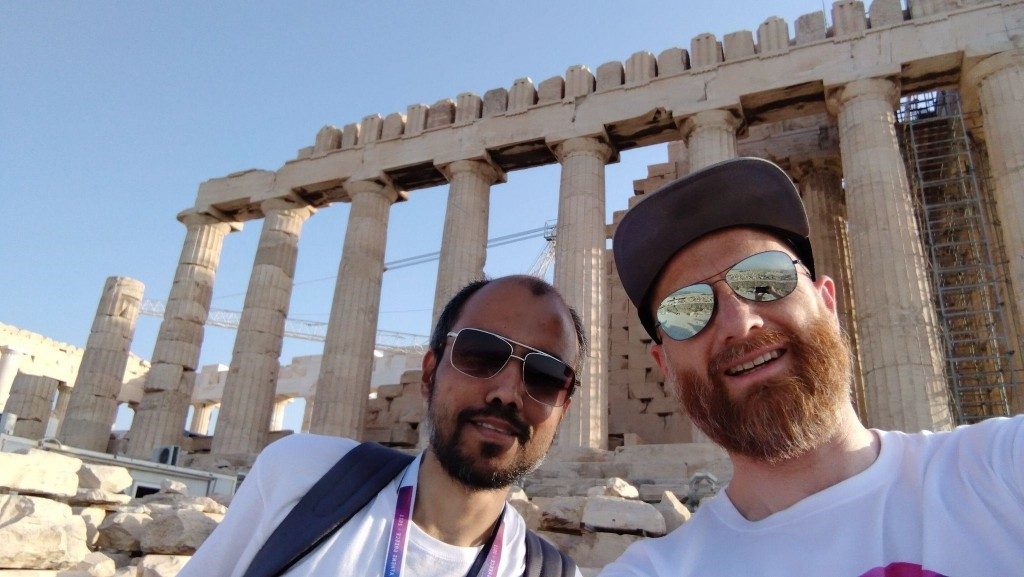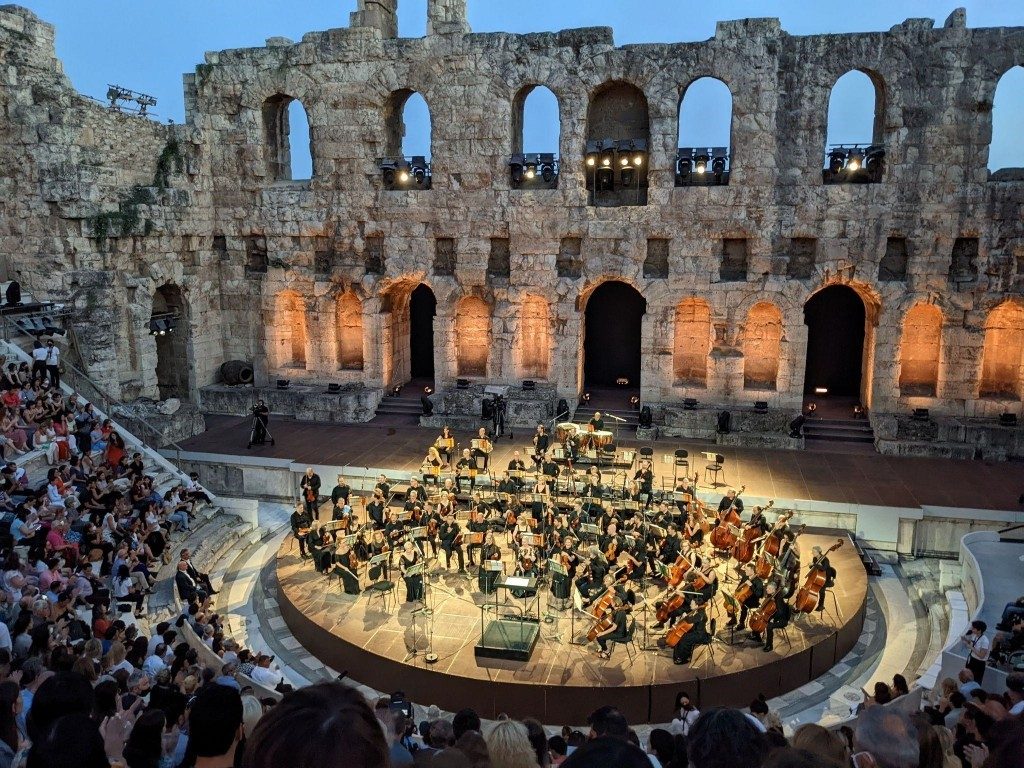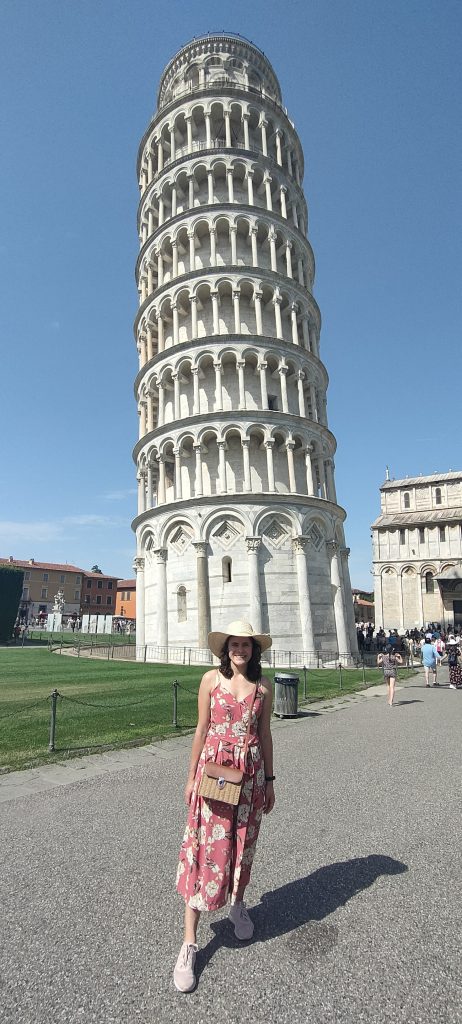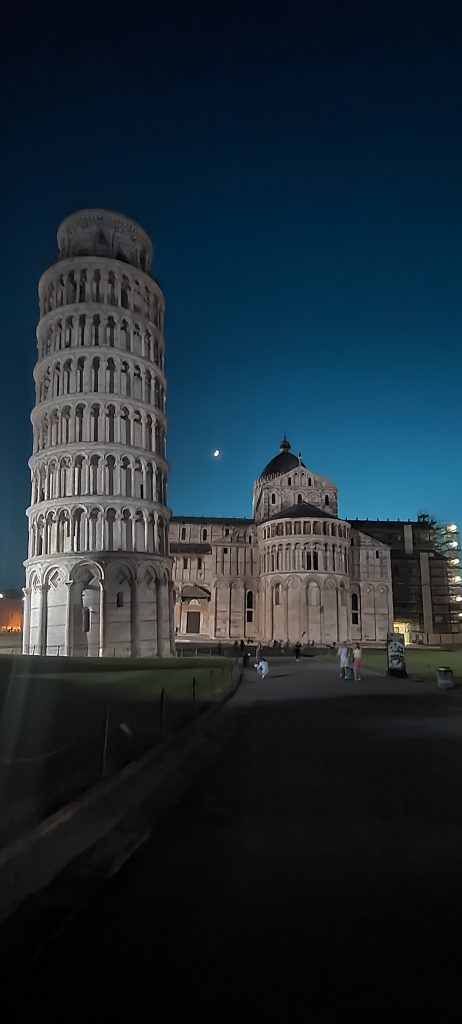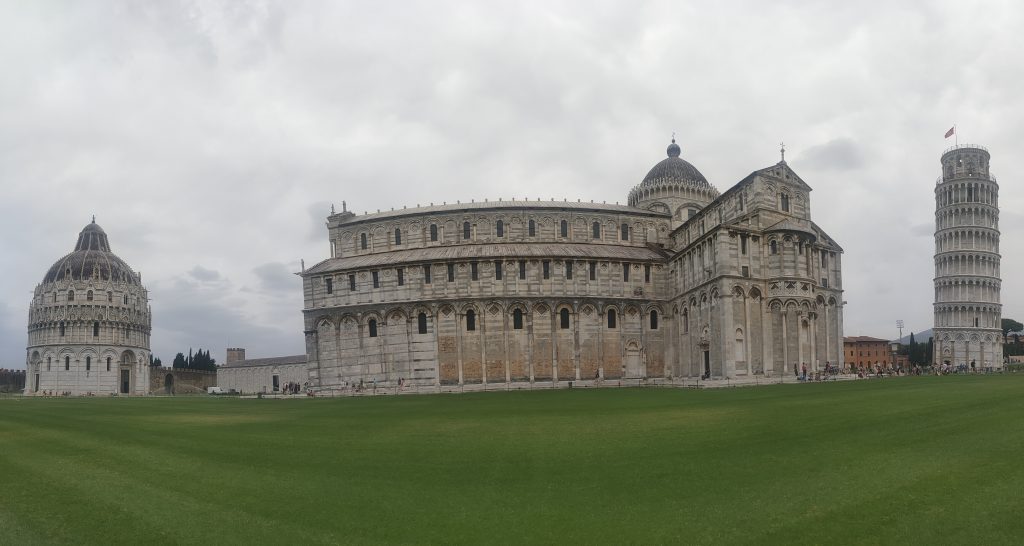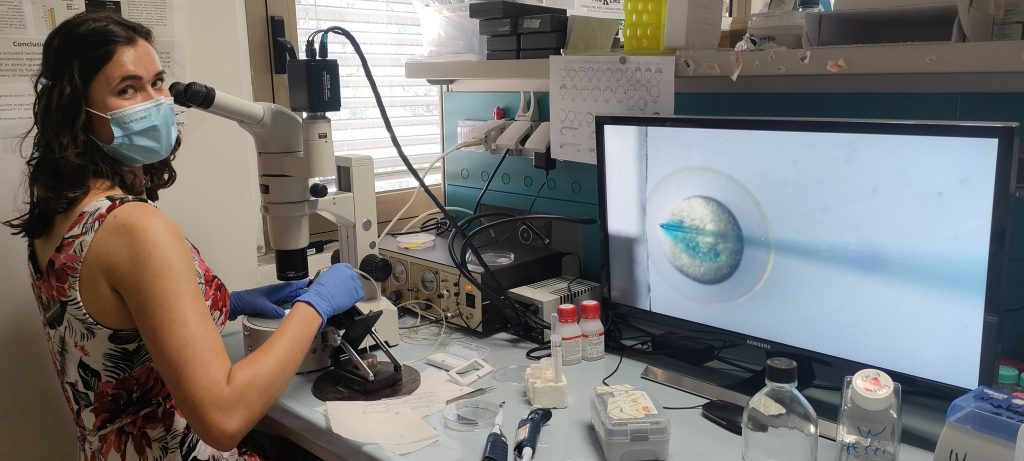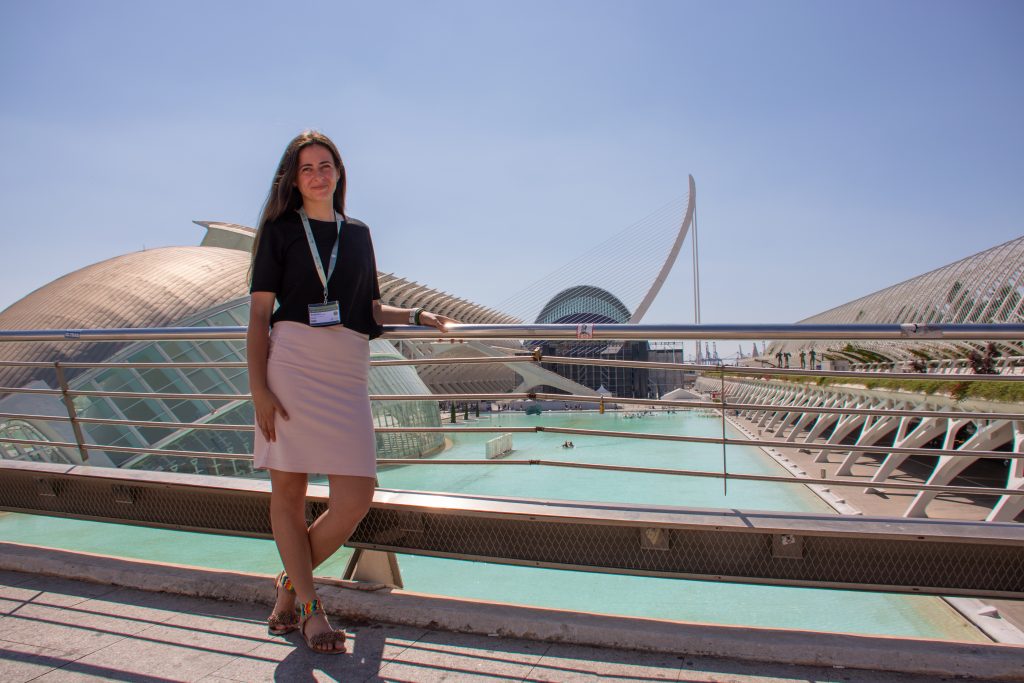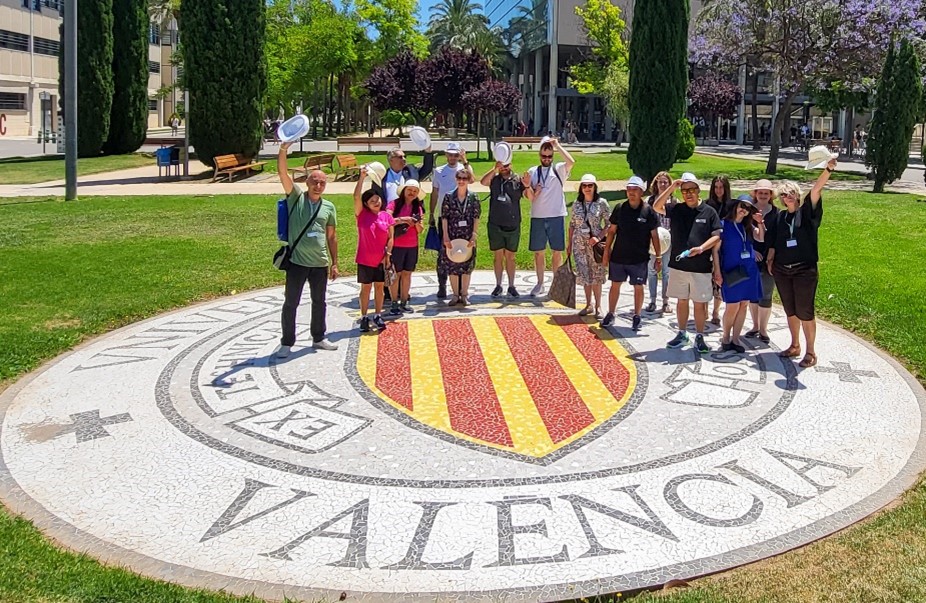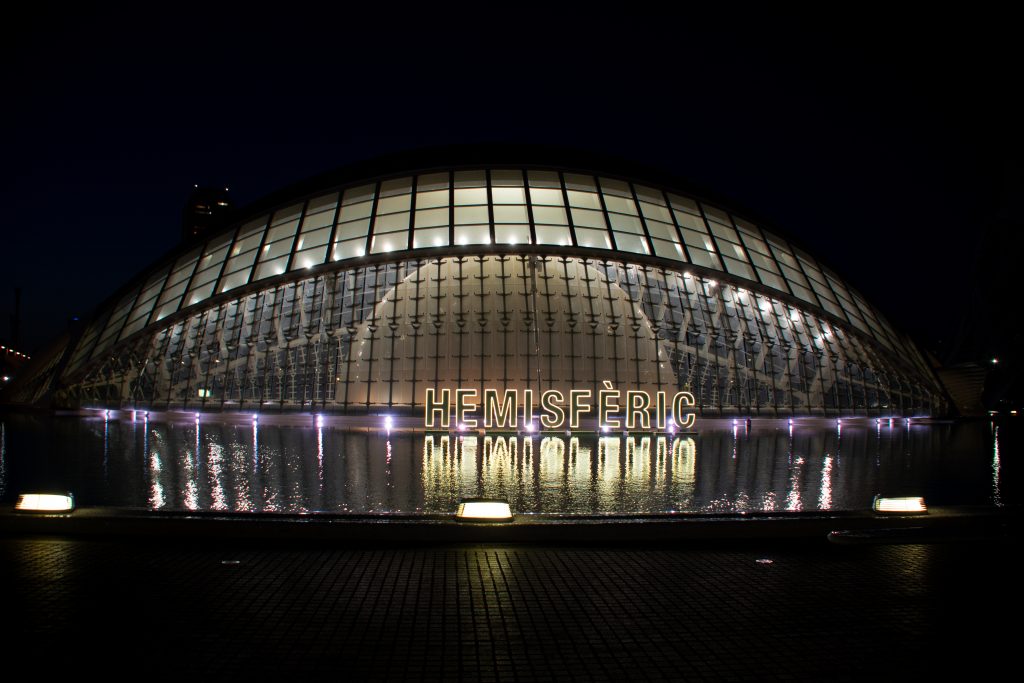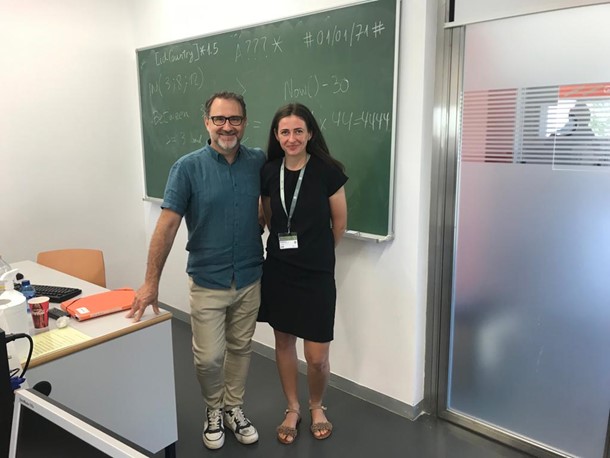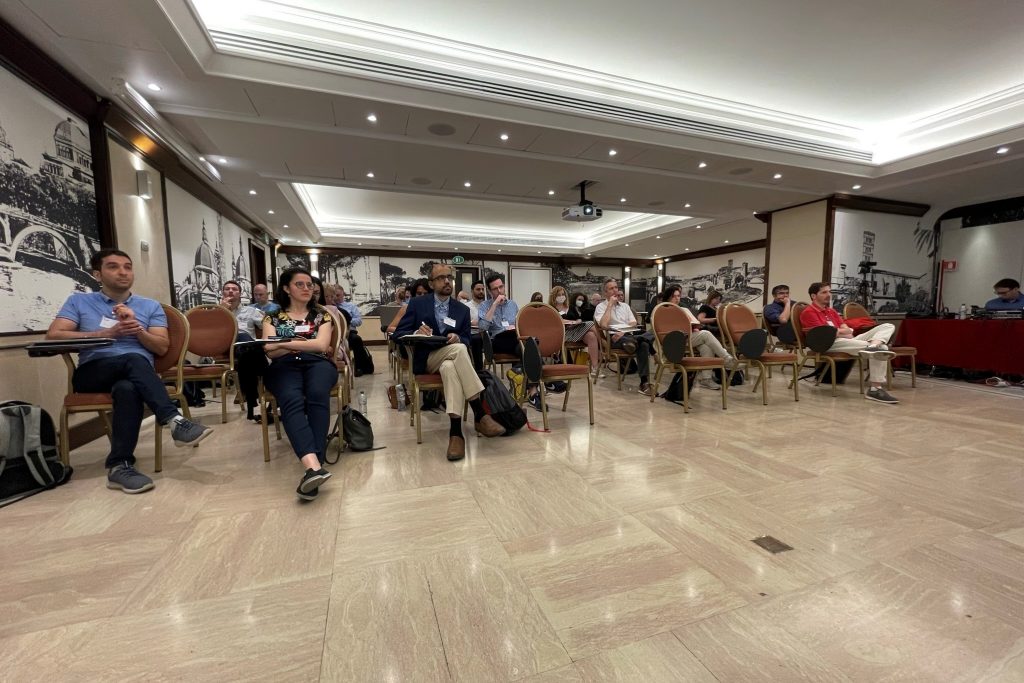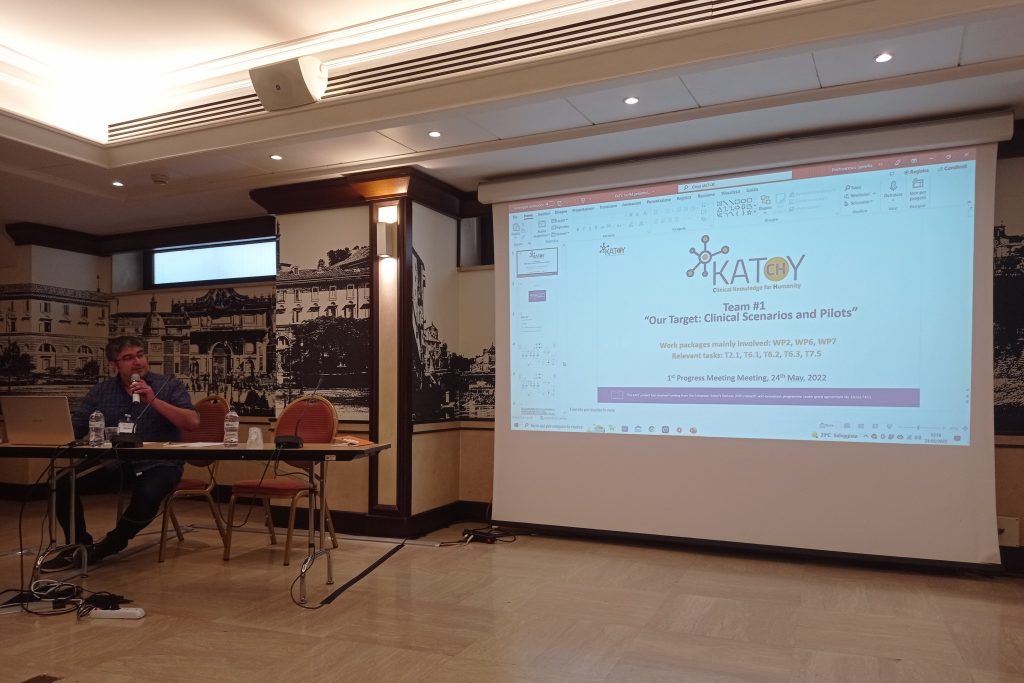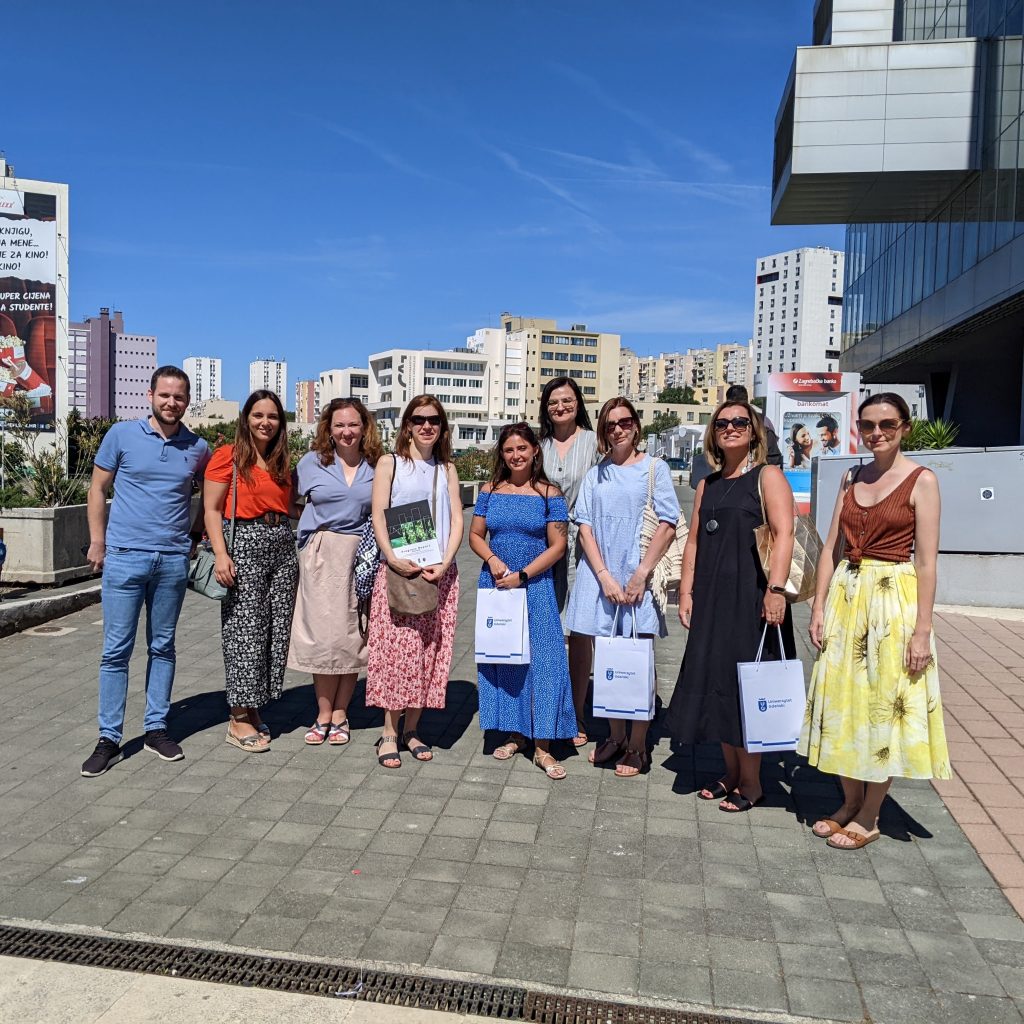 As the winter aura is still present in Gdańsk, we use to think back to our sunny stay at one of our SEA-EU Alliance partners, University of Split, Croatia, in June 2022. The ICCVS Research Support Team consisting at that time of Wioleta Domańska-Babul, Małgorzata Bastian, Magdalena Dziki, Anna Krajewska, Joanna Świerk, accompanied by a project manager colleague Marta Dziedzic from the Intercollegiate Faculty of Biotechnology had a very fruitful ERASMUS+ training & exchange stay at the University of Split.
As the winter aura is still present in Gdańsk, we use to think back to our sunny stay at one of our SEA-EU Alliance partners, University of Split, Croatia, in June 2022. The ICCVS Research Support Team consisting at that time of Wioleta Domańska-Babul, Małgorzata Bastian, Magdalena Dziki, Anna Krajewska, Joanna Świerk, accompanied by a project manager colleague Marta Dziedzic from the Intercollegiate Faculty of Biotechnology had a very fruitful ERASMUS+ training & exchange stay at the University of Split.
The amazing views at literally every step one takes in Split on the beach and in the old town, although really hard to resist, have not prevented us from enjoying a day with Alexandra Banić from the Faculty of Maritime Studies, especially the exciting presentations during the Multiplier event of the MareMathics project. And hear, hear… two of us stood even on the podium as winners after a Kahoot competition.
At the School of Medicine we discussed with the Research Office various aspects of organization of research support in a biomed research environment as well as opportunities for collaboration in EU Horizon projects aiming at doctoral education. It was a pleasure to find out how much we have in common, talk about different ways of solving similar challenges in everyday work. We also presented opportunities for research funding for Croatian scientists who would like to do research in Poland, such as for example the Polonez funding from the National Science Centre, MSCA Fellowships, or NAWA Chair.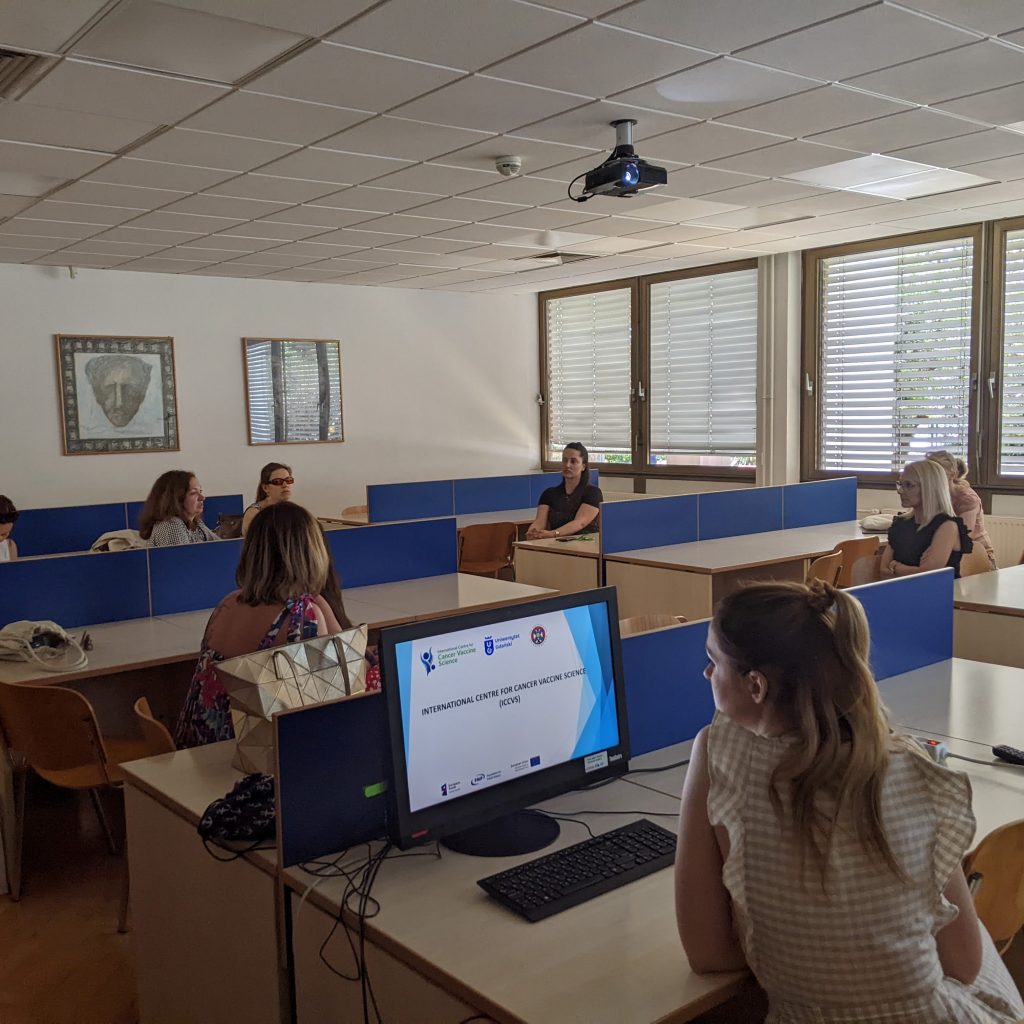
We met colleagues from the Project Implementation Support, Unit for Project Development, and Technology Transfer Office. We discussed the research support officers’ role in developing international networks and about the profession of RMAs (research managers and administrators) in both countries. It was also fun to meet in person friends from the EU project ReSEArch EU with whom we until then had collaborated mainly in the online mode.
Last but not least, we also found time to visit the Diocletian Palace, climb the Marjan hill, and enter the Cathedral of Saint Domnius which is one with its seat in the oldest building among European cathedrals.
Looking back we can already reveal that our links do grow stronger and stronger in the following months – we have submitted an exciting joint Horizon Europe project proposal together with our Croatian friends who did an absolutely remarkable job as the proposal Coordinator’s team (huge thanks Bruna Pausic, Ivana Vuka & Tonka Petričević !). Do keep fingers crossed for a success, by the way. We are working on the next project proposal which is due in a few months – this time in cooperation with the School of Medicine and other partners, mainly from the SEA-EU Alliance.
Izabela Raszczyk
